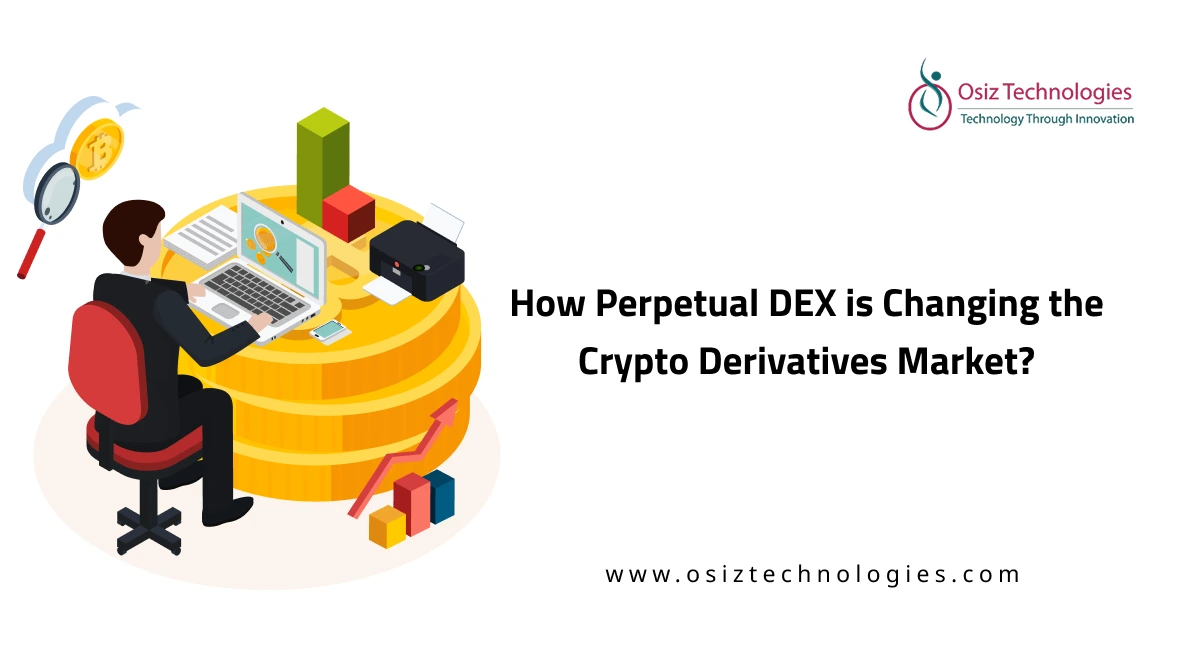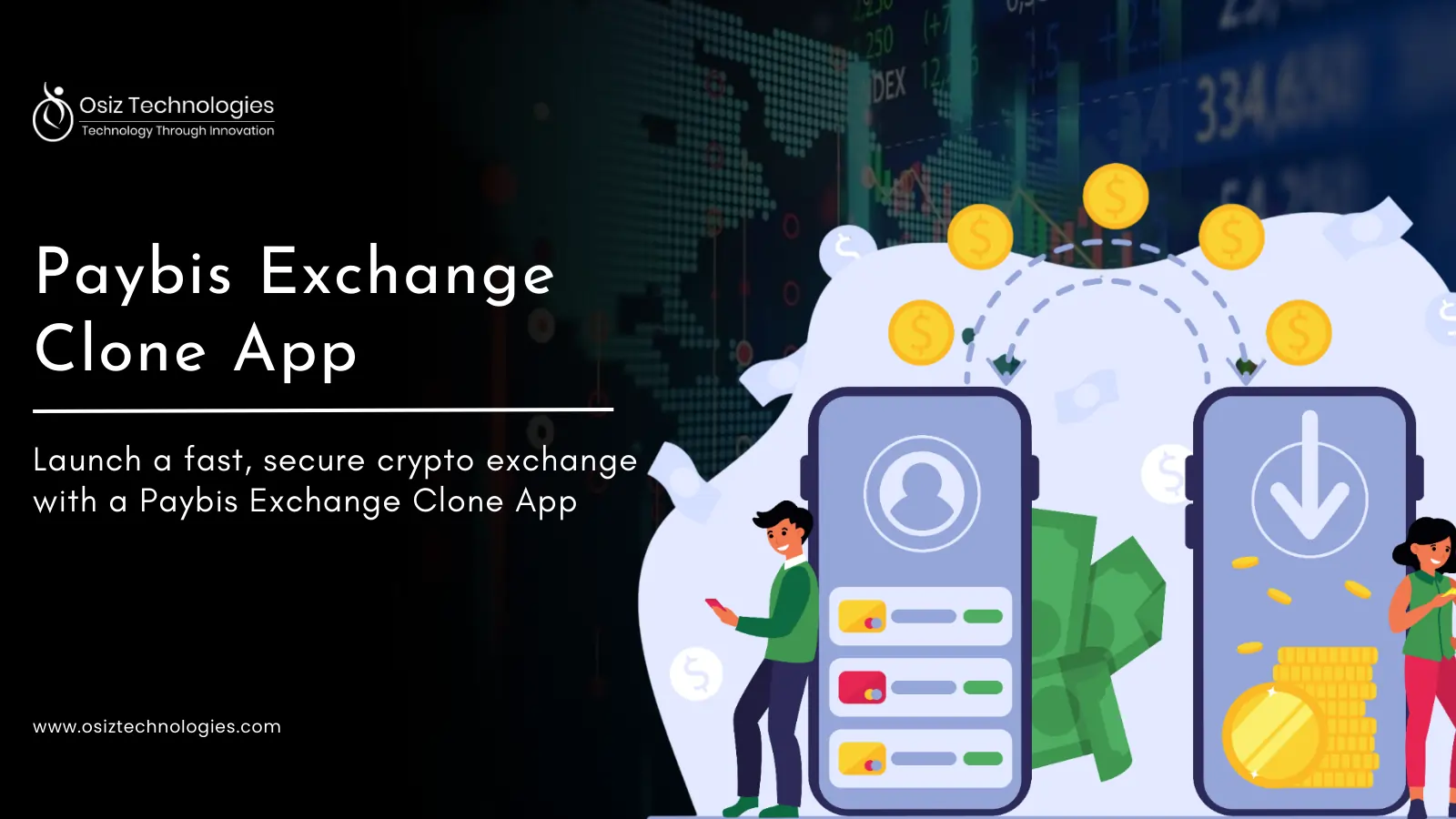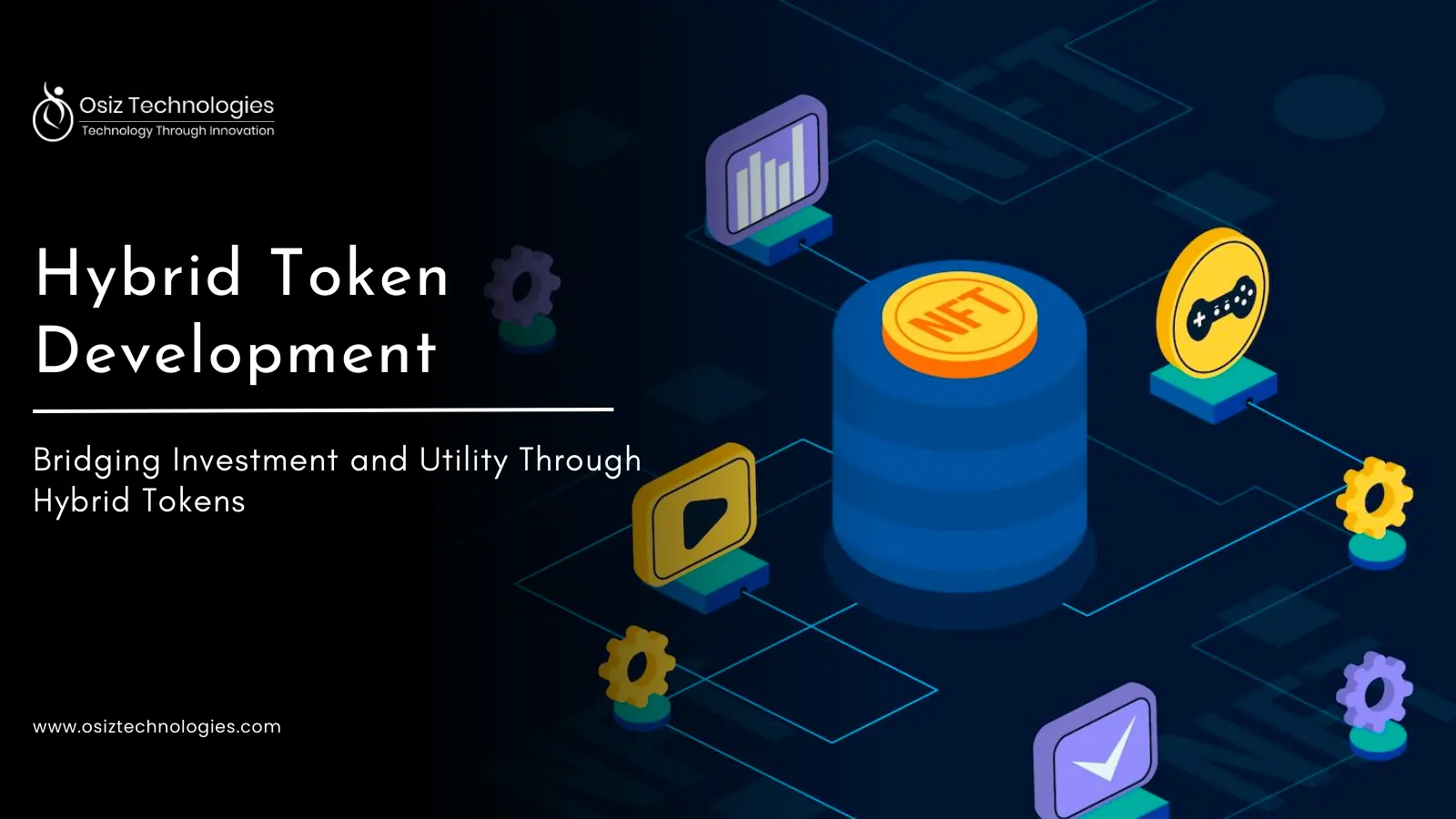The crypto market has changed a lot. What once required intermediaries can now be handled through smart contracts and self-custody. Perpetual DEXs are changing how traders deal with derivatives. Just like language models pick up on patterns, DeFi learns from liquidity, trading, and market trends. It anticipates changes and adapts quickly. This isn’t about getting rid of the old system, it’s about making it work for traders and meeting the market's needs.
Understanding Perpetual Contracts in Crypto Derivatives
A perpetual DEX lets you trade futures contracts that don't expire on a decentralized platform. Rather than using central exchanges, these DEXs use smart contracts on a blockchain to handle trading, margin, and liquidations. This gives traders better transparency and control over their funds because there's no middleman. You can also use control to take long or short positions and keep them open as long as you have enough margin.
These contracts initially emerged on centralized exchanges such as Binance and Bybit, offering fast trading with custodial control. As DeFi evolved, the model transitioned to the blockchain via decentralized exchanges like dYdX, GMX, and Perpetual Protocol. These platforms eliminated intermediaries, authorized smart contracts to establish trust, and enhanced transparency and user self-custody. This evolution made perpetual trading more inclusive and driven by the community.
Centralized vs. Decentralized Derivatives Platforms
For a while, regular crypto exchanges have been the main place to trade crypto derivatives because they have a lot of activity, quick trades, and good trading options. But, there are problems. You have to trust them with your money, which can be risky, and they are not always clear about how they work because rules affect them. When you use a regular exchange, you put your money right into their system, trusting them to handle prices and trades. This way of doing things is fast but goes against the idea of blockchain, where things are supposed to be spread out and open. It also means you take on risks if the exchange has problems or goes against you.
Perpetual crypto derivatives DEX change how things work. You don't have to give your money to someone else. Instead, you trade directly using smart contracts that show everything plainly on the blockchain. This way, you keep control of your money because you can see every trade, settlement, and fee right on the blockchain. Perpetual DEXs use things like automated market makers and liquidity pools to make a derivatives market without a central authority. This allows anyone to join from anywhere, encourages new ideas, and lets the community provide the activity. It proves that trading can do well in a system where things are spread out and you don't have to trust a central party. But, this raises a question: How does a perpetual DEX really work?
Core Mechanics of a Perpetual DEX
Smart Contract Automation
A perpetual DEX's smart contracts handle trading, collateral, and settlements automatically. This removes intermediaries, making trades transparent and efficient.
AMM or Hybrid Liquidity Models
Perpetual DEXs get liquidity from AMMs or hybrid systems with on-chain order books. This setup helps with smooth trades and continuous liquidity.
Funding Rate Mechanism
A dynamic payment system between long and short traders that keeps the perpetual contract price close to the spot price. It balances market sentiment and prevents major price deviations.
Decentralized Price Oracles
Oracles feed real-time price data from multiple sources to the DEX, maintaining accurate valuations and preventing price manipulation during high volatility.
Automated Liquidation and Risk Management
Smart contracts include built-in modules to automatically liquidate risky positions when collateral drops below safe limits, maintaining the solvency and health of the entire system.
Advantages of Perpetual DEXs Over Centralized Counterparts
True Ownership of Funds - You're in charge of your funds. They stay in your wallet until a trade happens, which cuts down on risks like hacks or exchange problems.
Full Transparency - Every trade and change is on the blockchain. This makes it easy to check what's going on and stops any sneaky stuff.
Global Accessibility - Anyone with a crypto wallet can trade. There are no Know Your Customer issues or location limits, so anyone can join.
On-Chain Settlement and Security - All trades happen right on the blockchain. They're final, easy to track, and can't be censored. No intermediaries are needed to settle or retain funds.
Passive Income for Liquidity Providers - If you provide liquidity, you can make money from trading fees and funding rates. Plus, you help keep the market stable.
Composable and Extensible Architecture - Developers can create new trading tools or add these protocols to other DeFi systems. This makes it easy to come up with new ideas.
Self-Sustaining Ecosystem - These platforms don't rely on custodians or market makers. They run themselves with smart contracts and community liquidity.
Top Perpetual DEX Platforms Leading the Market
dYdX – Utilizes an order book-based model on StarkEx, enabling low-latency, zero-gas-fee trading for professional-grade performance.
GMX – Employs a multi-asset liquidity pool system that supports leveraged trading directly against pooled liquidity.
Synthetix – Facilitates perpetuals through synthetic assets, extending derivatives trading beyond conventional trading pairs.
Level Finance, Gains Network, and Perpetual Protocol – Innovate with hybrid AMM-order book models, decentralized governance, and cross-chain features.
Composability and Open Architecture – Allow developers to build on existing protocols, promoting rapid iteration and adaptability.
Future of On-Chain Derivatives – These DEXs are redefining global derivative markets, competing directly with centralized exchanges through efficiency and transparency.
The Future of Crypto Derivatives: On-Chain Innovation Ahead
Perpetual DEX platforms are evolving rapidly as they move toward complete decentralization. With advancements in Layer-2 scaling, zero-knowledge proofs, and cross-chain liquidity, these platforms are becoming faster, more cost-efficient, and highly interoperable. Modular blockchain architectures now separate execution, settlement, and liquidity layers for optimized performance. Osiz Technologies, a leading DeFi development company, is at the forefront of building next-gen decentralized derivatives exchange platforms that could soon outperform centralized exchanges in both trading volume and innovation, marking a major step toward open, transparent, and independent finance.
Listen To The Article












